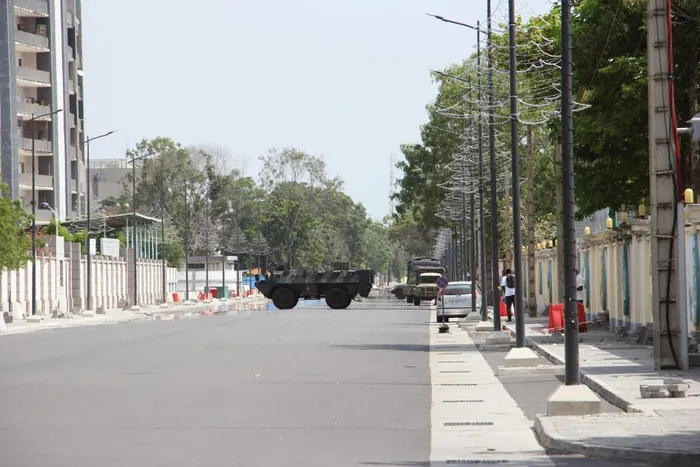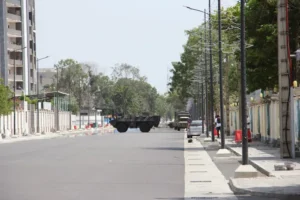Saudi Arabia’s manufacturing drive illustrates how strategic policy alignment between procurement, investment, and industrial innovation can rapidly build capacity in emerging economies. The country’s evolving industrial landscape offers valuable lessons for others across the Global South seeking to localise production, secure supply chains, and build technology-driven industries from within.
Saudi Arabia’s manufacturing sector is experiencing a structural transformation not through imported expertise, but through a deliberate, state-backed industrial revival that’s building a foundation for self-sufficiency and long-term competitiveness.
At the heart of this shift are entrepreneurs like Mustafa Hashmi, whose firm, Saudi Sustainability Technologies, represents the kind of agile, innovation-led enterprise the Kingdom is actively fostering. His company manufactures advanced sensors that detect pipeline leaks and cooling system failures, a niche yet essential technology for modern infrastructure such as data centres.
Hashmi’s journey from selling imported systems in Dubai to developing a fully localised product line in Jeddah mirrors the wider transition unfolding under Vision 2030, Saudi Arabia’s blueprint to expand local industry and diversify its economy away from oil.
Government-Led Industrialisation and Local Content Growth
The policy landscape driving this transformation is centred around the Local Content and Government Procurement Authority (LCGPA), which enforces strict procurement rules designed to prioritise national products.
As of 2024, the LCGPA’s “mandatory local list” covers approximately 1,500 materials and components from PVC fittings to polypropylene fibre rolls all of which state-owned companies must source from within Saudi Arabia unless local capacity or specifications are unavailable.
This strategy has already yielded measurable results.
48% of all government procurement now originates from local sources, compared to 43% the previous year, inching closer to the 50% localisation target.The broader manufacturing sector expanded nearly 6% year-on-year, according to the General Authority for Statistics.In June alone, 83 new industrial licences were issued, and 58 factories officially commenced production.
Such growth underscores the scale of the momentum, with total factories in the Kingdom now surpassing 12,480, marking an 11% annual increase, according to Argaam Financial.
A New Breed of Industrial Entrepreneur
While large-scale projects in chemicals and petroleum products continue to dominate the sector’s output, smaller players like Saudi Sustainability Technologies are critical to diversifying the manufacturing ecosystem.
Hashmi’s company began with an initial investment of SAR500,000 ($133,000) and is currently seeking an additional SAR5 million through government-backed growth initiatives designed to empower emerging local manufacturers. Incentives include:
Tariff exemptions on imported machinery and spare parts.Waivers on Saudisation quotas for specific technical roles.Guaranteed state demand, as local producers gain access to government procurement pipelines.
This mix of policy support and procurement prioritisation is quietly reshaping Saudi Arabia’s industrial identity, shifting it from a consumer of imported technology to a producer of specialised, export-ready goods.
Industrial Expansion Outlook to 2030
The National Industrial Strategy, launched in 2022, aims to triple manufacturing’s GDP contribution to $238 billion by 2030. To achieve this, the government is aligning financing, workforce training, and innovation policies with private-sector execution.
Much of the recent growth has come from chemicals and machinery, while subsectors like electrical devices and furniture are still recovering. However, the pace of industrial licensing and capital deployment suggests that diversification is accelerating.
PwC’s Bashar El-Jawhari notes that both domestic and foreign companies are “expanding their manufacturing footprint” within the Kingdom, signalling increased investor confidence and local capacity building.
The implication is clear: Saudi Arabia is no longer positioning itself merely as a hub for trade and logistics it is actively manufacturing the infrastructure for its own industrial future.
Written By:
Chloe Maluleke
Associate at BRICS+ Consulting Group
Russian & Middle Eastern Specialist
** MORE ARTICLES ON OUR WEBSITE https://bricscg.com/ (https://bricscg.com/)
** Follow https://x.com/brics_daily (https://x.com/brics_daily) on X/Twitter for daily BRICS+ updates








